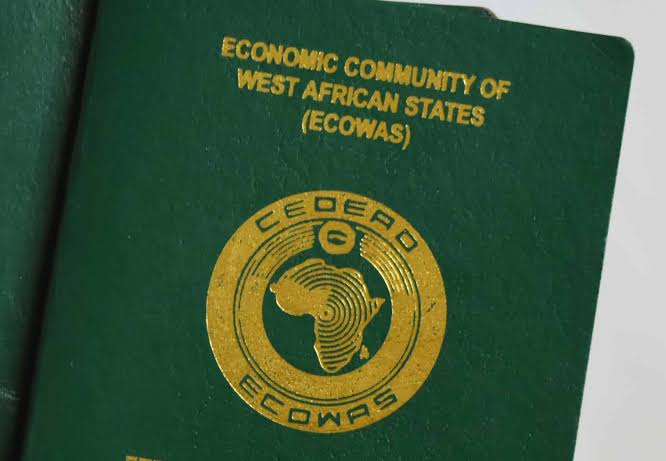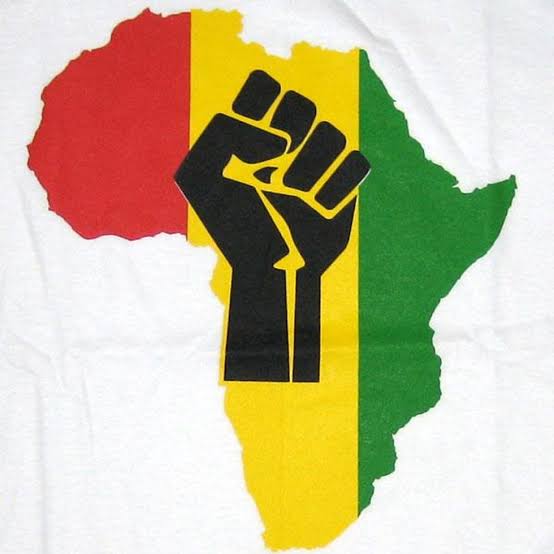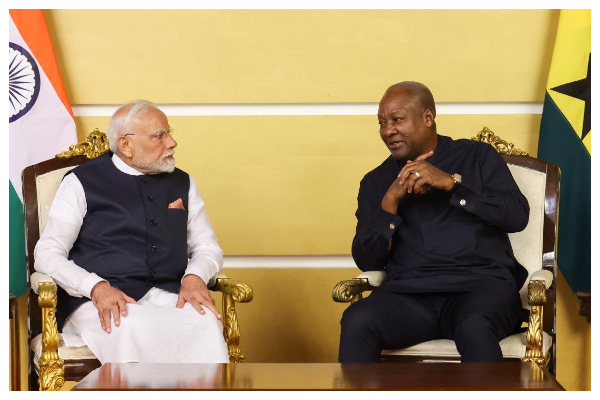US Considers Broader Travel Restrictions on African Nations

The administration of US President Donald Trump has undertaken significant measures to expand its travel restrictions, potentially banning citizens from an additional 36 countries, 25 of which are located on the African continent. This consideration, detailed in an internal State Department cable, follows an earlier proclamation banning entry for citizens from 12 countries, citing national security threats, including "foreign terrorists." The cable, signed by US Secretary of State Marco Rubio and first reported by the Washington Post, outlined a dozen concerns about the targeted countries, requesting corrective action within 60 days to avoid full or partial suspension of entry.
Key concerns raised by the Trump administration include the absence of competent or cooperative governments capable of producing reliable identity documents, questionable security of national passports, high rates of visa overstays, lack of cooperation regarding deportations, and the involvement of nationals in acts of terrorism within the United States or in antisemitic and anti-American activities. It was noted that not all concerns applied universally to every listed country. The African Union has expressed "deep concern" over these travel bans, highlighting strained Africa-US relations.
The initial ban, which came into effect earlier in the month, applied to Afghanistan, Myanmar, Chad, Congo Republic, Equatorial Guinea, Eritrea, Haiti, Iran, Libya, Somalia, Sudan, and Yemen. The proposed expansion targets Angola, Antigua and Barbuda, Benin, Bhutan, Burkina Faso, Cabo Verde, Cambodia, Cameroon, Côte D'Ivoire, Democratic Republic of Congo, Djibouti, Dominica, Ethiopia, Egypt, Gabon, The Gambia, Ghana, Kyrgyzstan, Liberia, Malawi, Mauritania, Niger, Nigeria, Saint Kitts and Nevis, Saint Lucia, Sao Tome and Principe, Senegal, South Sudan, Syria, Tanzania, Tonga, Tuvalu, Uganda, Vanuatu, Zambia, and Zimbabwe. US diplomats were instructed to give these listed countries a tight deadline to submit initial action plans addressing the new requirements.
The Trump Administration has justified these country-specific visa and travel restrictions on several grounds. On national security, arguments include classifying some countries as failed states, state sponsors of terrorism, or having a significant terrorist presence. On other grounds, the administration cited untrustworthy screening and vetting processes, authorities that delay or refuse the return of their nationals eligible for deportation, and high overstay rates. For instance, Libya and Somalia were targeted on national security grounds due to perceived terrorist presence and Somalia's status as a fragile state. Other cases, such as Eritrea, Sudan, Chad, Equatorial Guinea, and the Republic of Congo, were cited for issues like untrustworthy vetting, lack of deportation cooperation, and high visa overstay rates, although the validity of all these claims has been scrutinized.
The US Congress has been urged to examine the administration's rationale for imposing these restrictions. Questions arise regarding the criteria used and whether the most appropriate African countries were selected. Discrepancies have been highlighted; for example, the Global Terrorism Index identified Burkina Faso with the highest impact of terrorism globally, and other countries like Mali, Niger, Nigeria, Cameroon, Democratic Republic of Congo, and Mozambique showed a higher impact of terrorism compared to Libya, yet were not initially included on national security grounds. Similarly, the WJP Rule of Law Index found lower adherence to the rule of law in several African countries not explicitly targeted for that reason, while others with better scores were.
Concerns have also been raised about immigration cooperativeness, with some countries like the Democratic Republic of Congo and Ethiopia being identified as uncooperative by US Immigration and Customs Enforcement (ICE), unlike Sierra Leone which was cited. Furthermore, Department of Homeland Security data on overstay rates revealed that some countries not under restriction, such as Djibouti and Liberia, had higher total overstay rates than Burundi, Sierra Leone, and Togo, which were targeted. These inconsistencies prompt critical questions about the coherence, congruence, and consistency of the visa and travel restriction determinations made by the administration.
To address these issues, Congress may consider requesting specific information from the executive branch. This includes clarification on why certain countries were excluded despite matching cited criteria (e.g., state fragility, high terrorism impact, active conflict, rule of law adherence, immigration cooperativeness, or overstay rates) and why others were included when seemingly stronger matches existed. In the long term, a unified statutory framework for visa and travel restrictions is being considered. This would involve establishing mandatory criteria for imposition, mandatory reporting requirements, determinations when requested by relevant congressional committees, and statutory limitations on executive branch officials responsible for these decisions. Such a recodification of the US Code could streamline future executive decision-making and enhance Congressional oversight, aiming to limit the broad discretionary power currently held by the executive branch in this domain.
You may also like...
The Economic Cost of Loneliness

Loneliness is silently draining billions from the global economy. This essay uncovers the hidden financial toll of socia...
Lando Norris's Fiery F1 Love Life: Girlfriend Margarida Corceiro Steals Spotlight

Formula One star Lando Norris has rekindled his romance with Margarida Corceiro, publicly confirmed by a kiss after his ...
Fever's Dire Injury Report: Caitlin Clark's Slow Return Impacts WNBA Season

Indiana Fever guard Caitlin Clark has faced an injury-plagued second WNBA season, missing 19 games and the All-Star Game...
007 Race Intensifies: New Bond Picks Emerge, Writer Revealed for Next Blockbuster!

The search for the next James Bond intensifies with Callum Turner emerging as a frontrunner, while acclaimed writer Stev...
Horror Thriller 'Weapons' Unleashes Critical Hype & Jaw-Dropping Premiere Moments!

Zach Cregger's new horror film "Weapons" delivers a chilling mystery about vanishing children, earning critical acclaim ...
Ozzy Osbourne's Final Days: Tributes Pour In As Rock Legend Passes

Heavy metal legend Ozzy Osbourne, who passed away recently at 76, continued to make news posthumously with revelations o...
Taylor Swift's 'The Life of a Showgirl' Album Drops, Shaking Up Music World!

Taylor Swift has officially announced her 12th studio album, "The Life of a Showgirl," during her debut appearance on Tr...
Pete Davidson's Paternity Dream: Star Set to Welcome First Child

Comedian Pete Davidson and model Elsie Hewitt are expecting their first child, a joyful announcement made by Hewitt on I...




